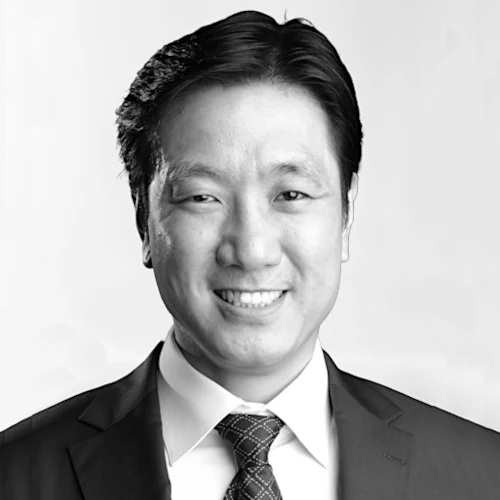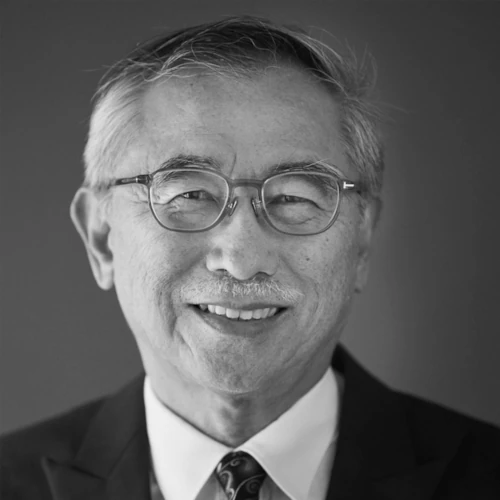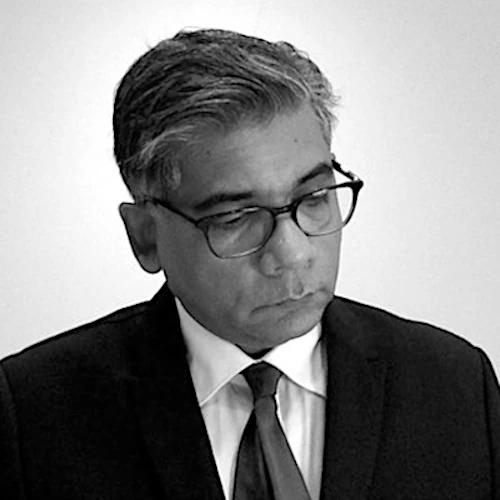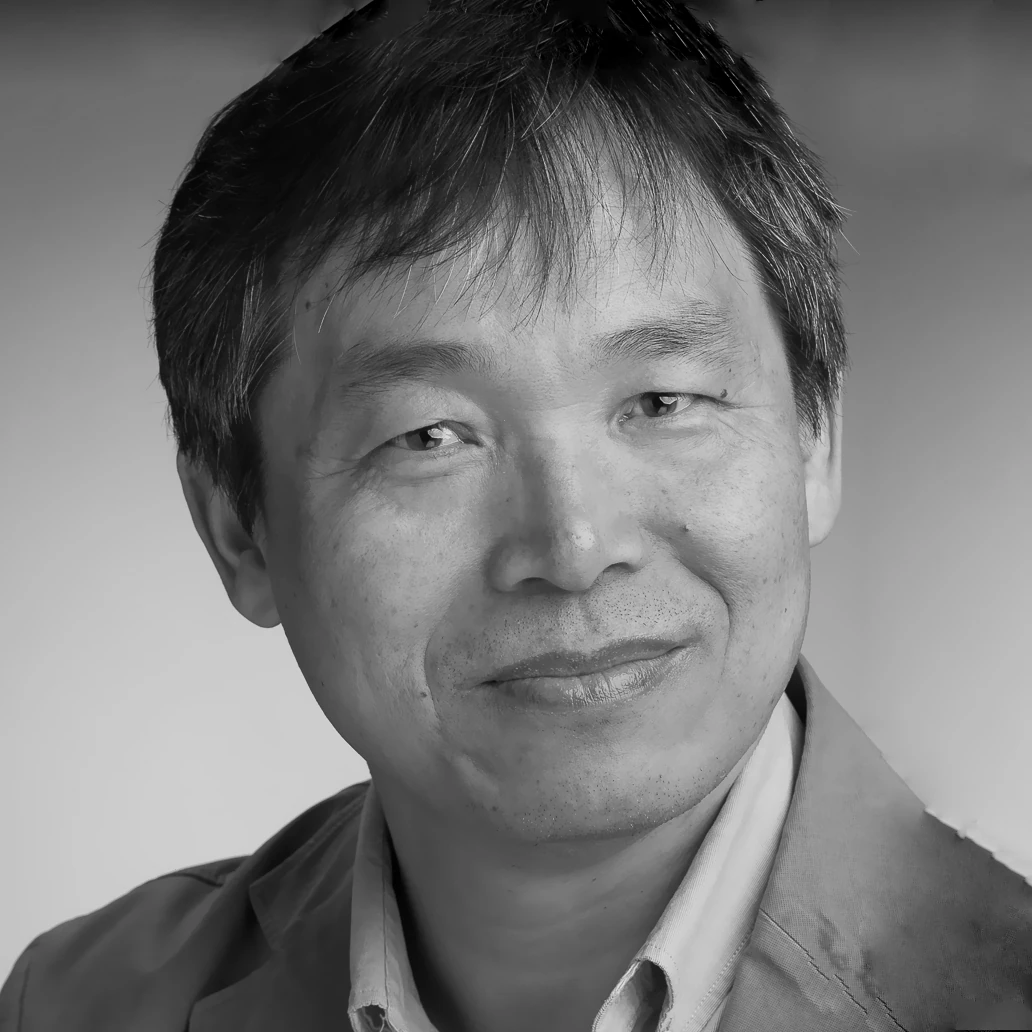Welcome Keynotes
Welcome Address from the University of the Arts Singapore
Professor Kwok Kian Woon (PhD, University of California at Berkeley) is Vice-Chancellor of the University of the Arts Singapore. He is also Emeritus Professor at the Nanyang Technological University, where he had served as Professor of Sociology and in several pioneering roles over two decades. He was a founding member of the School of Humanities and Social Sciences, the first Head of Sociology, Senate Chair, Associate Provost of Student Life, and Associate Vice-President (Wellbeing).
Prof Kwok has a sustained record of teaching, research, academic leadership, and intellectual engagement in civil society and the public sector, especially in the areas of the arts and heritage. His writings and public presentations have covered central themes such as ethics and politics; history and memory; the nation state and civil society; mental health and wellbeing; and culture and the arts.
Welcome Address from LASALLE
Dr Venka Purushothaman is Deputy President and Provost at LASALLE College of the Arts. He is an award-winning art writer and academic with a distinguished career in Singapore's arts and creative industries. Venka advances transformative arts education and is the founder of the Asia-Pacific Network for Culture, Education and Research (ANCER). He speaks internationally on meta trends in arts and education. Venka serves on expert panels dedicated to Singapore's arts, culture and youths. Internationally, he chairs the Strategy Board of Zurich-based Shared Campus, a consortium of arts universities developing new educational paradigms and the International Advisory Council of the New York-based Living Arts International, which develops artists in Cambodia. He is also a member of the International Cultural Relations Research Alliance of the Institut für Auslandsbeziehungen (Germany), a grouping of scholars studying new approaches to international cultural relations. Venka is a Fellow of the Royal Society of the Arts, UK and University Fellow at Musashino Art University, Japan and a member of Association Internationale des Critiques d'Art, France (AICA Singapore). He holds a PhD in Cultural Policy and Asian Cultural Studies from The University of Melbourne.
 Kwan Min Lee
Kwan Min Lee
Korea Foundation Professor in Contemporary Korean Society and New Media
Director, WKW UX (User Experience) Lab
Nanyang Technological University
Welcome Note from the Korea Foundation Professor
Kwan Min Lee is the inaugural Korea Foundation Professor in New Media at the Wee Kim Wee School of Communication and Information at Nanyang Technological University (NTU). Previously, Lee was the World Class University (WCU) Professor and founding director of Interaction Science Research Center at Sungkyunkwan University (SKKU), S. Korea. Lee also directed Samsung Electronics’ User Experience (UX) Group and the Creative Lab(C-Lab) as one of the youngest Vice Presidents in the Samsung corporate history. Prior to SKKU and Samsung, Lee was tenured Associate Professor at the Annenberg School for Communication and Journalism at the University of Southern California (USC). Lee specializes in UX (User Experience) research and design, social and psychological effects of ICT (Information and Communication Technologies), and human-computer interaction (HCI). Lee’s research funding exceeds 12 million US dollars. Lee holds multiple international (USA, EU, and S. Korea) patents in smart display interfaces, remote controller, gesture control, and multimedia production.


